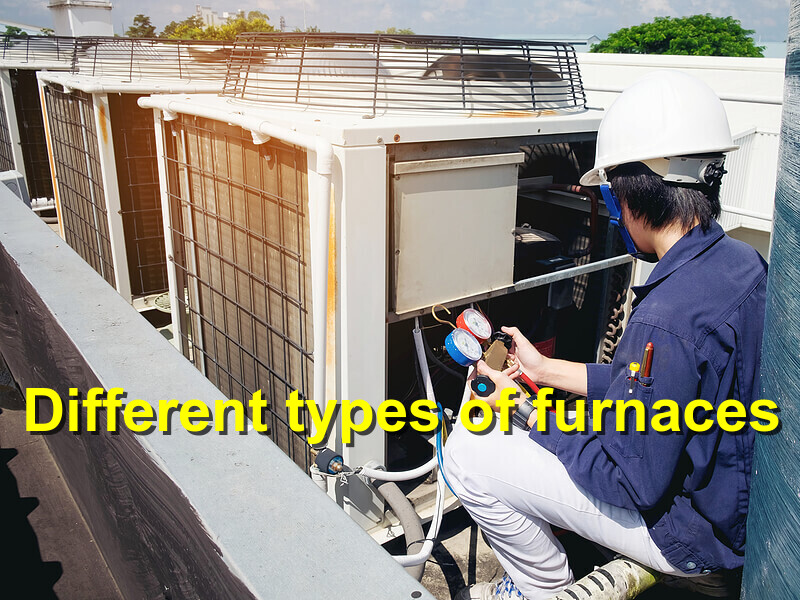The furnace is a powerhouse that fuels the home’s heating system. However, furnaces often come in different sizes. This furnace guide should explain to you the common types of furnace brands, and how to identify the most suitable one for home use.
How a furnace works
The furnace is a vital component of the HVAC system. After you adjust the thermostat accordingly, you have to activate the furnace so that it starts heating air. Once you do this, the fan automatically switches on to circulate warm air throughout your home. Nonetheless, how efficient the heat is transferred evenly in your home depends on the furnace type.
Types of furnaces
Basically, there are four types of furnaces on the market: propane, electric, oil, and natural gas. Electric furnaces work by heating the exposed hair using heated elements, and the other furnace types require a chamber or heat exchanger that warms the air evenly. Once the desired temperature is achieved, the thermostat switches off the furnace.
On the other hand, gas furnaces are economical. Older gas furnaces had about 60% efficiency on average but newer furnaces are about 98% efficient. In fact, most American households use natural gas to heat their homes.
Oil furnaces are found in the northern parts of the United States. What’s more, they are less efficient as compared to gas furnaces. But natural gas furnaces are more expensive than oil furnaces by at least 25%. Electric furnaces are budget friendly and can be half the price of gas furnaces. More importantly, they are easy to install and have better durability.
Common furnace brands
As you begin to compare different furnaces, you’ll easily recognize the popular brands. Some of the well-known furnace manufacturers on the market are Rheem, American Standard, Carrier, and Trane. Meanwhile, most people often settle for the Goodman brand as it is more pocket-friendly.
Choose an appropriate size
It’s advisable to choose the most suitable furnace for home use. Choosing the best furnace usually depends on multiple factors. For starters, local climate, ceiling height, and size of your home must be factored in. That’s why you should consider consulting an HVAC technician to help you select the best furnace for home use.
Conclusion
Never settle for a cheap furnace as it might cost you more in the long run in the form of repairs. It’s advisable to consult an HVAC professional to recommend a quality furnace for home use.
References: HVAC.com, Thomasnet, Home Stratosphere

